Investors Against Slavery and Trafficking (IAST) APAC
Convened by First Sentier Investors, IAST APAC includes founding members Aware Super, AustralianSuper, Fidelity International, Ausbil Investment Management and the Australian Council of Superannuation Investors. Walk Free and the Liechtenstein Initiative for Finance Against Slavery and Trafficking (FAST) are acting as Secretariat. This initiative is an alliance of Asia-Pacific investors working together to prevent and address modern slavery and human trafficking risks.
The first act of this coalition was to send out an investor statement to ASX100 companies on investor expectations for modern slavery reporting. The statement has been signed by over 20 investors with a collective USD$4.27 trillion assets under management1 and is designed to address the harms of modern slavery.
Given that most Australian companies are only beginning to report under the Modern Slavery Act, the group felt that there was a crucial window of opportunity to set out expectations for these reporting entities. The aim was to ensure they report in a meaningful way, and prioritise effective action to identify and address human rights issues.
In 2021, the coalition will launch a multi-year collaborative engagement with companies in the Asia-Pacific region, based on CCLA’s Find It, Fix It, Prevent It initiative being run in the UK. The purpose of the initiative is to.
- Raise concerns about modern slavery risk with companies systematically and consistently
- Create more meaningful and effective change by using collective leverage to protect people from modern slavery, labour exploitation and human trafficking
- Avoid duplication of effort among investors working to address modern slavery risks
- Increase awareness of modern slavery, trafficking and labour exploitation risks amongst the investor and business community
- Provide a framework for investors to address risks in order to meet legal and other requirements including the requirement to enable effective remedy
- Share information and knowledge about modern slavery risks.
Dr. James Cockayne, Head of Secretariat, FAST, explains that investors have unique leverage to foster changes in business conduct to address modern slavery and human trafficking risks...
Dr. James Cockayne
Head of Secretariat, FAST
Get the right experience for you
Your location :  Switzerland
Switzerland
Australia & NZ
-
 Australia
Australia -
 New Zealand
New Zealand
Asia
-
 Hong Kong (English)
Hong Kong (English) -
 Hong Kong (Chinese)
Hong Kong (Chinese) -
 Singapore
Singapore -
 Japan
Japan

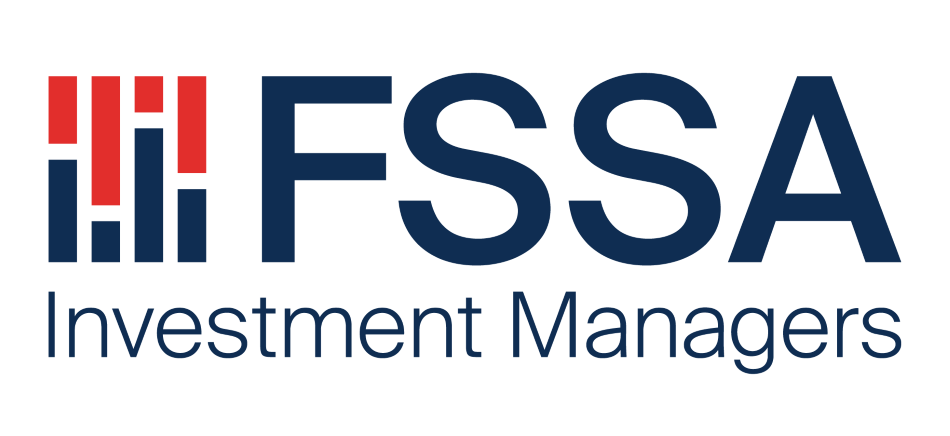
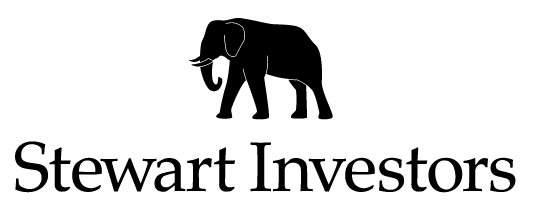
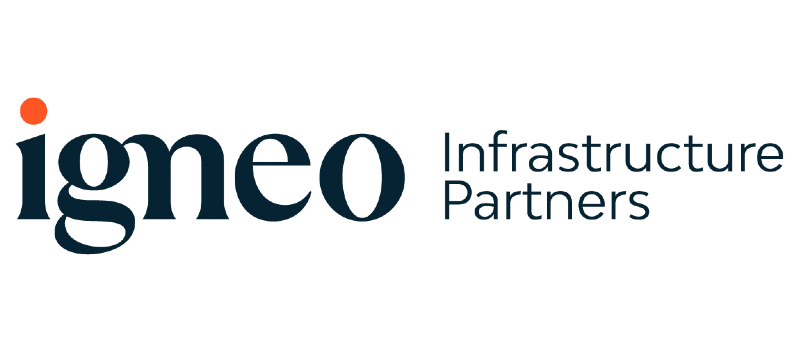


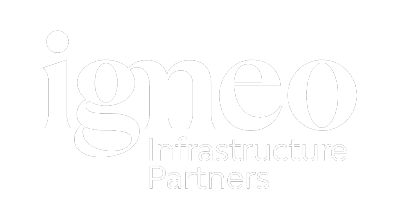
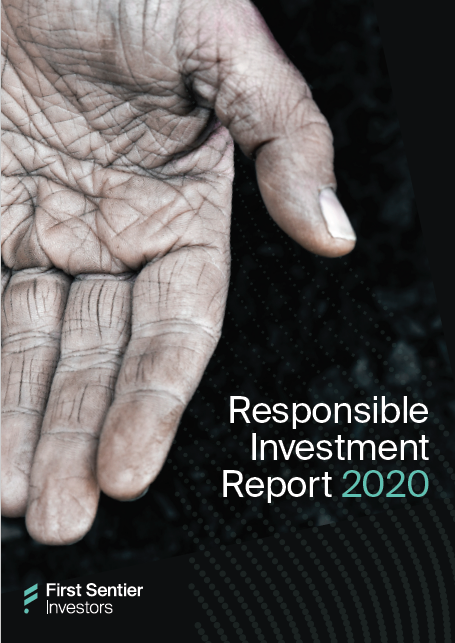
















 United Kingdom
United Kingdom 